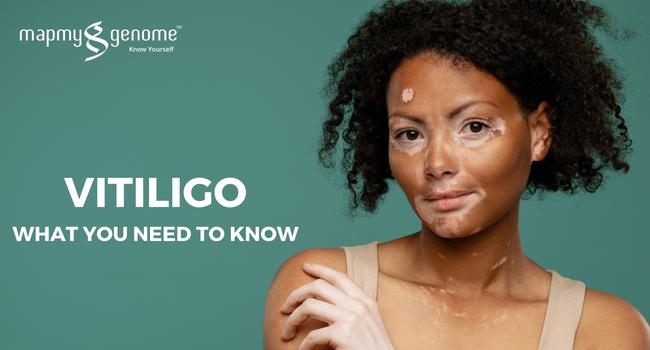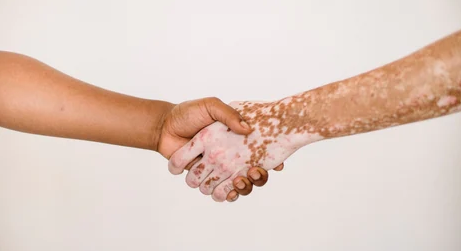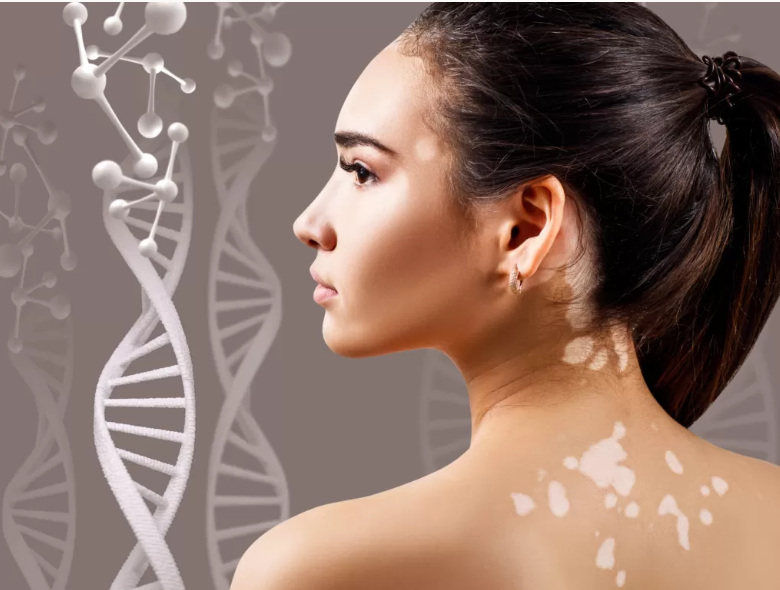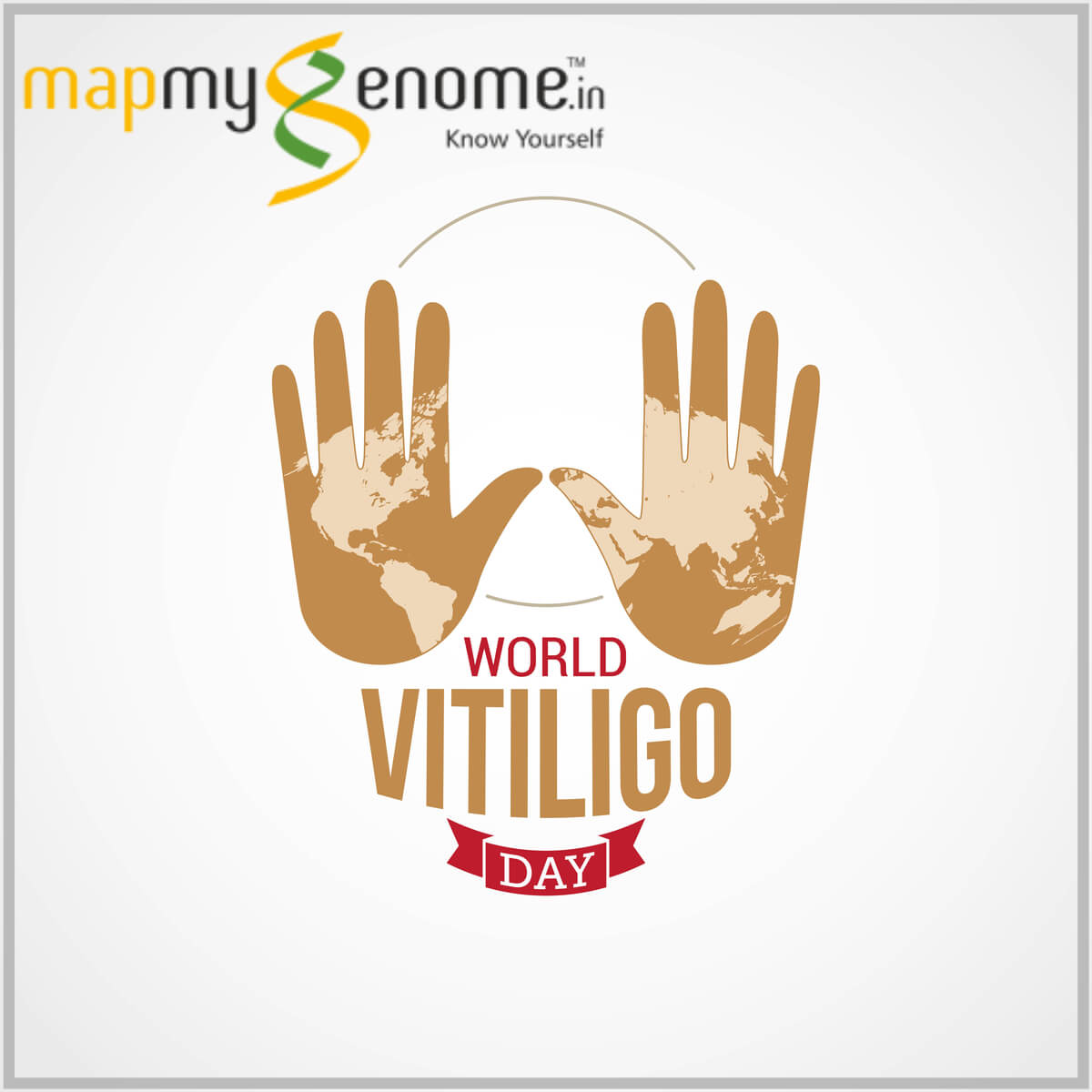
What is vitiligo?
Vitiligo is a condition that causes the skin to lose its natural colour. Vitiligo occurs when the pigment-producing cell melatonin dies or stops producing melanin. This pigment melanin provides color to the hair, skin, and eyes. In vitiligo patches of lighter skin appear. Some people develop a few patches. A section of hair can turn white. Some people lose colour inside their mouths. Even an eye can lose some of its colour. Sometimes, it begins as small patches over the skin and widens and spreads.
A common misconception is that vitiligo is contagious however, this is not true.
There are many types of vitiligo:
- Generalized - which is the most common type, when patches appear in various places on the body.
- Segmental- which is restricted to one side of the body or one area, such as the hands or face.
- Mucosal- which affects mucous membranes of the mouth and/or the genitals.
- Focal- which is a rare type in which the macules(discoloured area of skin) are in a small area and do not spread in a certain pattern within one to two years.
- Trichome- which means that there is a white or colorless center, then an area of lighter pigmentation, and then an area of normally colored skin.
- Universal- another rare type of vitiligo, and one in which more than 80% of the skin of the body lacks pigment.
What are the risk factors for vitiligo?
- Vitiligo can be caused due to an autoimmune reaction.
- Hereditary or a family history of having vitiligo.
- Trigger due to stress, severe sunburn, skin trauma, or reaction to chemical exposure.
- A substance that is toxic to melanocytes may be released at nerve endings in the skin.
- A defect in the melanocytes causes them to destroy themselves.
What are the problems associated with vitiligo?
- Individuals with vitiligo lack melanocytes. Macules are more sensitive to sunlight which may cause them to have sunburns rather than tan.
- People may have abnormalities in their retinas and some variation of colour in their irises.
- Some people with vitiligo may have low self-esteem due to the difference in their skin colour.
How is it treated?
There is no cure for vitiligo. Treatments for vitiligo focus on creating a uniform skin tone. This is achieved by lightening remaining skin patches (depigmentation) or restoring pigmentation in patches that have lightened.
Common treatments include camouflage therapy, repigmentation therapy, light therapy, and surgery. About 10% to 20% of people who have vitiligo fully regain their skin color.
People with the best chance of regaining skin color are those who are young, whose vitiligo reaches its peak in less than six months and is located mainly in the facial area.
How can we reduce the risk of developing vitiligo?
While we cannot avoid the risk of vitiligo, we can reduce the risk by practicing safe sun exposure habits such as using sunscreen with an SPF of 30 or higher.
What is the genetic basis of vitiligo?
There is no known single cause of vitiligo. Researches show multiple genetic factors associated with vitiligo. About 30% of people with vitiligo have at least one family member with vitiligo. Many genetic markers referred to as SNPs are found to be associated with vitiligo. A combination of these genetic factors along with environmental and lifestyle factors increases the risk of vitiligo.
Mapmygenome’s Genomepatri, a preventive genomics solution, helps individuals to understand the genetic factors related to vitiligo. Individuals who are at a higher genetic susceptibility can take measures to reduce their lifestyle and environmental risk with the help of Genomepatri. There is a team of board-certified genetic counsellors at Mapmygenome helping individuals understand hereditary factors or family history of having vitiligo and guide them to prevent or manage the condition proactively.
Here are some of the support groups for those living with vitiligo:
https://vitiligosociety.org
To know more about Genomepatri, call us at 1800-102-4595 or Whats App us at 8688310052
Check our website: https://mapmygenome.in/



